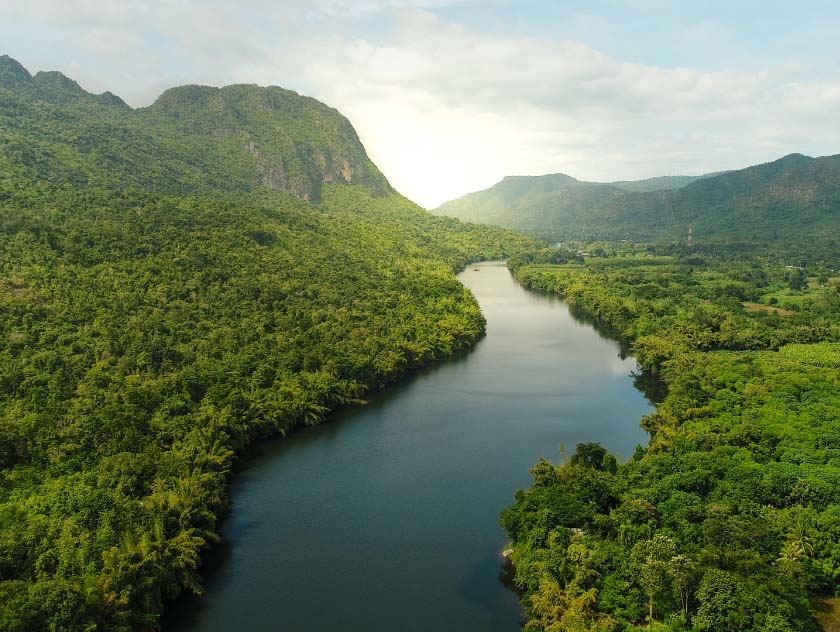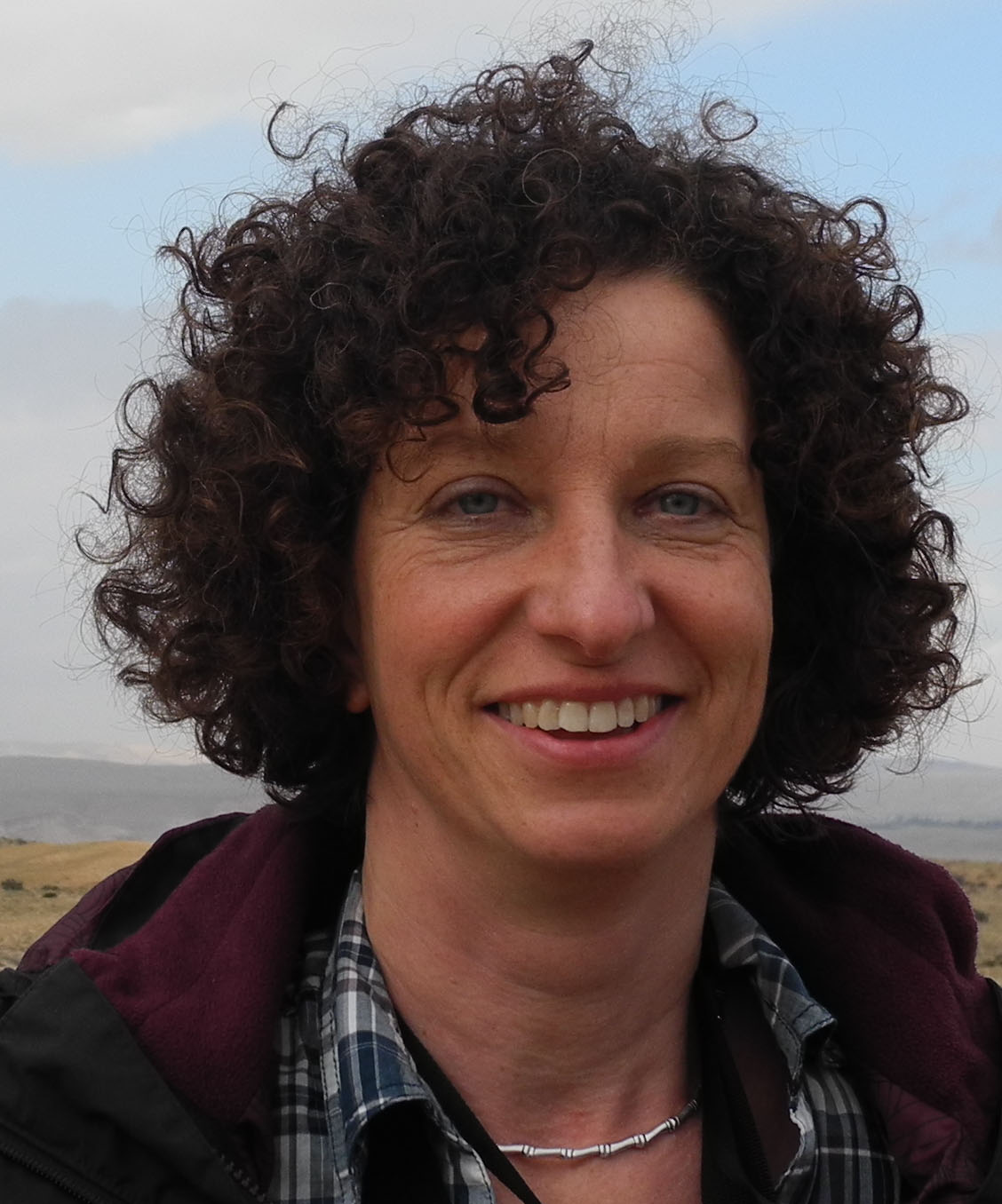The Functional Diversity & Ecology group studies diversity and processes in communities and their interactions with the environment, focusing on cryptogamic communities that grow on soil, rock, and epiphytically on the bark and even leaves of trees. These small ecosystems are composed of photosynthetically active organisms (lichens, mosses, algae, cyanobacteria) and decomposers (e.g., fungi, bacteria, archaea), and consumers (e.g., protozoa, nematodes, tardigrades, and microarthropods) also regularly occur in these communities. Biological organisms occur in their habitats in communities that have intense and diverse interactions with each other and with their environment. Our research group is concerned with the functional processes within these communities, their exchange with the environment, and the effects of global change, consisting of climate and land use change. We study the relevance of these organism communities in global processes and cycles, which in turn are directly affected by climate change.
Research Interests:
- Cryptogamic community composition in relation to existing environmental conditions.
- Relevance of cryptogamic communities in global processes and nutrient fluxes (C, N cycles, dust transport, albedo)
- Identification of microbial mechanisms and processes (C and N cycles, bioaerosols, desert varnish, weathering)
- Impact of atmospheric processes and climate change on cryptogamic communities and feedback mechanisms (impact of global change on C and N cycles, atmospheric transport processes, and impact on dispersal patterns and climate)
Project CryptXchange
Communities of cyanobacteria, algae, fungi, lichens and mosses cover a large part of the trees in the Amazon basin. The project aims to provide new, globally relevant insights into their importance for the water and carbon cycle.

Management

Univ.-Prof. Dr. Bettina Weber
+43 316 380 - 5694
Institut für Biologie
https://biologie.uni-graz.at/de/ag-funktionelle-diversitaet-oekologie/